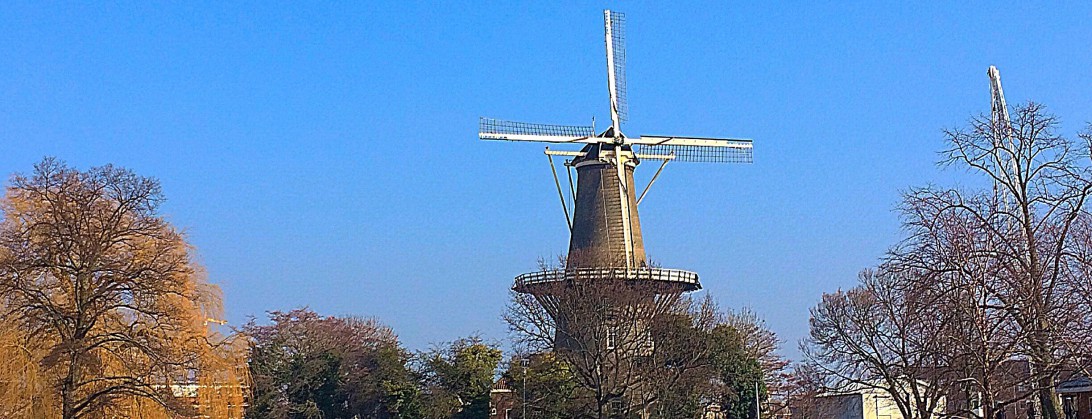Why does music play such a significant role in our lives? Do we know anyone who does not like music to some extent?
As humans we are blessed with the gift of creating, performing and passively enjoying music and are the only creatures on this planet who have all these capacities. As long as man inhabits this world he creates music. Through scientific research we know that music is a powerful tool in the development of a child’s brain and the brain in general. Music is an important means to identify you as a human, especially when you are in adolescent age. Music can play an important role to determine the social group you want to belong to or to be part of.
Music can give us consolation remembering experiences from the past, our beloved ones or special occasions in our lives. Music can make us relax or arouses us and lift up our spirits. Music brings us together and music makes us dance. Mathematicians have dealt with music because music and sound are bound to the laws of nature and therefor is a grateful subject for mathematicians since the days of the Greek and Roman physicians in Antiquity.
For musicians music can be a means to seek popularity. Or even look for a larger than life perspective, especially since mankind discovered ways to annotate and record music. So music could be reproduced for future performances which could take place long after its creator had deceased. Yet music is -like all forms of art- vulnerable and each generation creates its own music hoping it will stay relevant. Those chances are unfortunately minimal: we only have to look back at our own history to know that music recorded in the 1930s through 1980s is probably relatively unknown to most of the audience that nowadays listen to music. If we travel back further in time we find that only a handful of the compositions of composers from the Middle Ages and Modern Age are still being performed and listened to in our time (think Bach, Mozart, Beethoven and the likes). Music created before that time is practically lost to us, although there are a few exceptions.
When the industrial and scientific revolution in Europe boomed at the end of the 18th century it also had a profound impact on composers, musicians and the way the listener experience music. Composers of music no longer needed to make their income from physical performances but could arrange their compositions for sheet music. Musicians could buy this sheet music and perform the music without ever having heard the original from the composer. Early on in the 20th century new possibilities became available that even would take the reproduction music to a new level. Music could now be recorded and reproduced. First through the use of mechanical reproduction, then vinyl and finally through digital media like the CD and in our current era through the use of streaming media.
On a personal level I always had a great interest in sound and music, an interest that went beyond that of the average interested musician or listener. As a young person I mastered different instruments like flute, piano and guitar. Meanwhile I discovered I found it more interesting to record the results of music making than to play music together with other musicians or to perform live. Over the years I always felt intrigued and inspired by how instruments sound, from the most simple percussion instruments to complex electronic instrumenujts (and everything in between). Some of my favorite sounding instruments are: gamelan, dulcimer, pipe organ, celesta, Moog synthesizer.
So I developed an interest in creating and recording music. Composing and recording music is a strange process. It is difficult to express how and why ideas emerge and why some ideas grow into a composition and other ideas land on a shelf or are forgotten over time. I save most ideas like making a notation that come to mind. Those ideas come from playing some piano chords or noodling on a guitar, but also riding on my bike is good for inspiration. At a certain point I decide that an idea is interesting enough to invest more time into it. When the time comes to record the music it is also a bit strange process. Sometimes things fall easily into place, sometimes you can struggle for weeks to ‘get it right’. What this ‘get it right’ exactly means is difficult to express but it has something to do with reaching a point where you find your composition and recording is ‘like it should be’ and can be considered finished.
Recently I finished a new album ‘Piano and Guitar, Vol. I’. Its title meaning that I return to these instruments and rely less on electronic instruments. You can listen to my new album on Spotify.
-The Hague, 20 november 2016-

I cannot listen to your full album. The program is not working for me.
But I got the same points about music, though I only beginner for guitar and piano.
Have you ever try to play angklung? It has a nice harmony too. The thing that we need few people to play the instrument at once maybe not so easy. But for sure, it has a wonderful sounds too.
Coba aku nyontek spotify nya hahahaha
Ini isinya spotify aransemen suamiku Kak Cum 🙂
I quitted my electone course when I was in last year of high school, busy preparing for the last exam test. Asked Deni, why it is thaaaaat important.
thing I regret until now